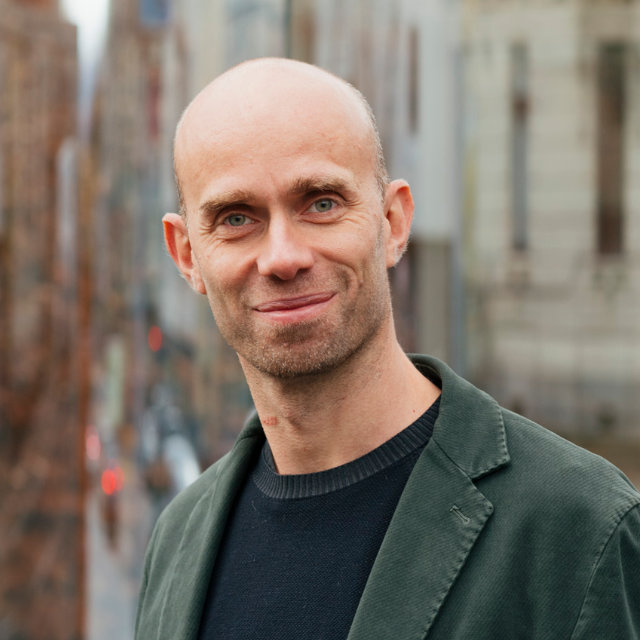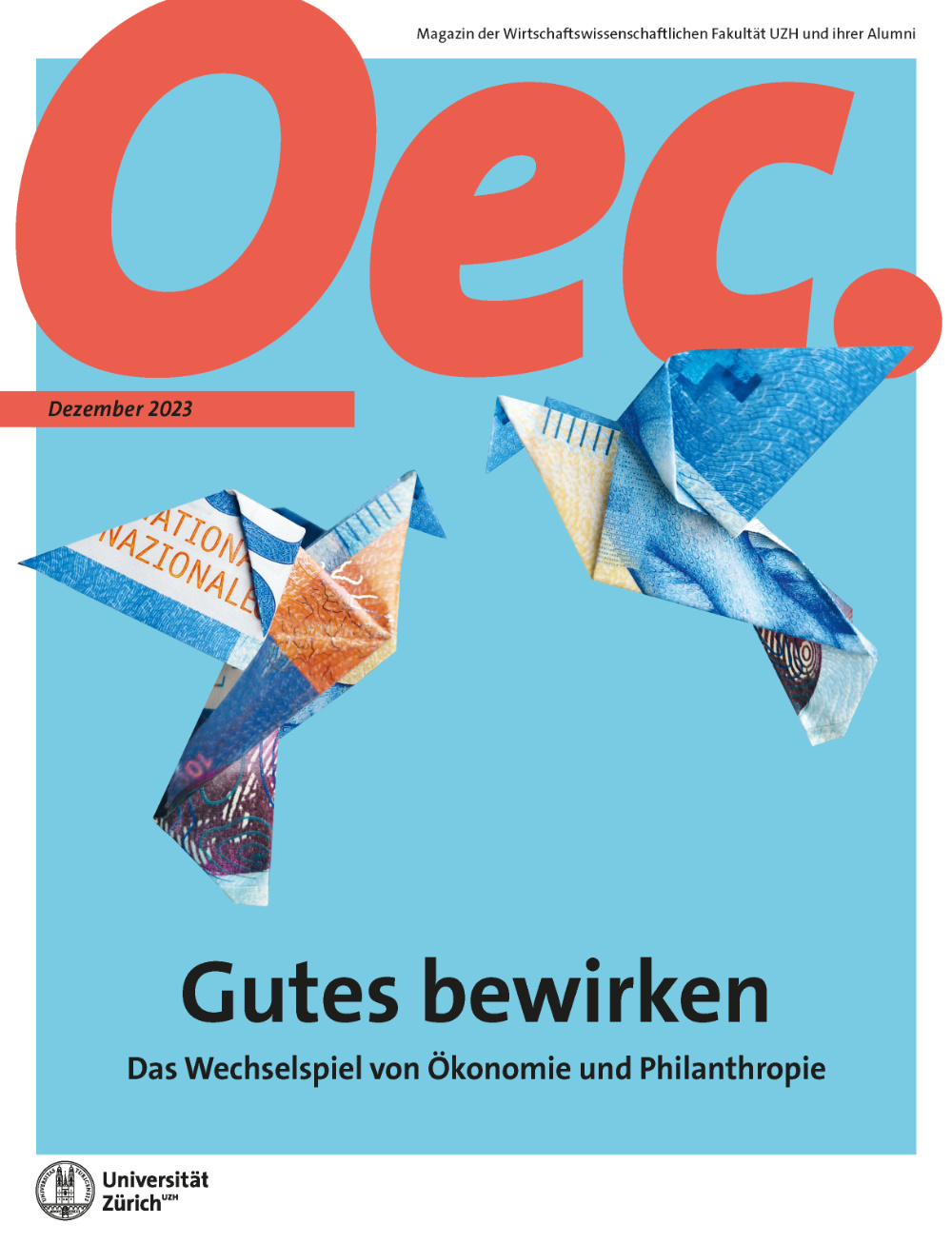A Philanthropic Drive for Research

Professor Lorenzo Casaburi has been researching in the field of development economics for 20 years, with a particular focus on agriculture in sub-Saharan Africa. It was more by chance that he ended up in this region of the world; his philanthropic motivation keeps him there.
Economics is often perceived as profit-driven or dismal. However, Lorenzo believes that the majority of his colleagues are motivated by the goal of improving living conditions using the methods and logic from economics. Even if research is not philanthropic in itself, most researchers at least have a philanthropic streak within them. Lorenzo is no exception. Like many others, his career path was significantly influenced by a coincidental encounter with a particular person – in his case, Professor Ted Miguel at Berkeley University. During his time as an exchange student at the aforementioned university, his interest in development economics, particularly the lives of the underprivileged in sub-Saharan Africa, was already present. Lorenzo attended one of Miguel’s lectures and ended up being invited by him to assist with research in Kenya, where he lived and worked for two years. Through this experience, he remained committed to this field of research, which requires an intrinsically philanthropic motivation to help others. In addition to his personal drive, the academic aspect is also important to Lorenzo. As an economist he is interested in understanding human behavior and institutional constraints that facilitate or prevent people from truly reaching their potential. Development economics offers him the perfect balance for his two motivations: the desire to do good and the need for intellectual challenges.
The reach of research
Lorenzo’s research perspective in combination with his “do good-mission” is reflected in his impactful research projects. His study on agricultural insurance is a good illustration of this. It focuses on the question of why the demand for this insurance has traditionally been low in Kenya, even though it can protect farmers against risks such as drought or flooding. As his findings show, a common problem is that insurance companies often ask farmers to pay the premium at the beginning of the crop season. At this point, however, farmers usually have limited funds, because they have to buy seeds and the income from the last harvest may already have been exhausted. Lorenzo and his team came up with an insurance product where farmers sign the contract per plant, but only pay the premium at the time of harvest (pay-at-harvest insurance). The results show that the demand for this type of insurance product is high if the timing is not chosen inappropriately. Although these findings are valuable, Lorenzo emphasizes that major innovations do not result from a single study, but from the accumulation of trials and evidence. For example, several initiatives focusing on pay-at-harvest insurance are exploring how to transition from a proof-of-concept stage to commercial viability.
Transformative impact
Another important area of research that Lorenzo carried out concerned the use of information and communication technology in agriculture. For example, the extent to which mobile phones can make it easier for farmers to access information about certain agricultural processes or products was investigated. The findings have been incorporated into various initiatives that catalyze positive transformations on a large scale. Farmers can use mobile phones or other communication devices to access information that significantly affects their decisions about products and work processes leading to a significant improvement in their lives. None of these developments can take place without appropriate funding, which shows that funding is a distinct facet of philanthropy in research. When the funding comes from philanthropists, foundations, or institutions, it brings with it a great responsibility for the researcher, as this grant could be used in many valuable ways.
Three questions for Lorenzo
|
Why is philanthropy needed? Because the world is a much better place when we focus on the prosperity of our fellow human beings. What is the biggest challenge regarding philanthropy? Understanding whether or not our philanthropic efforts are successful. What guiding principles shape your philanthropic engagement? Make sure that I learn from any engagement I enter into. |
Author: Janine Hammer
Photos: Caroline Krajcir

